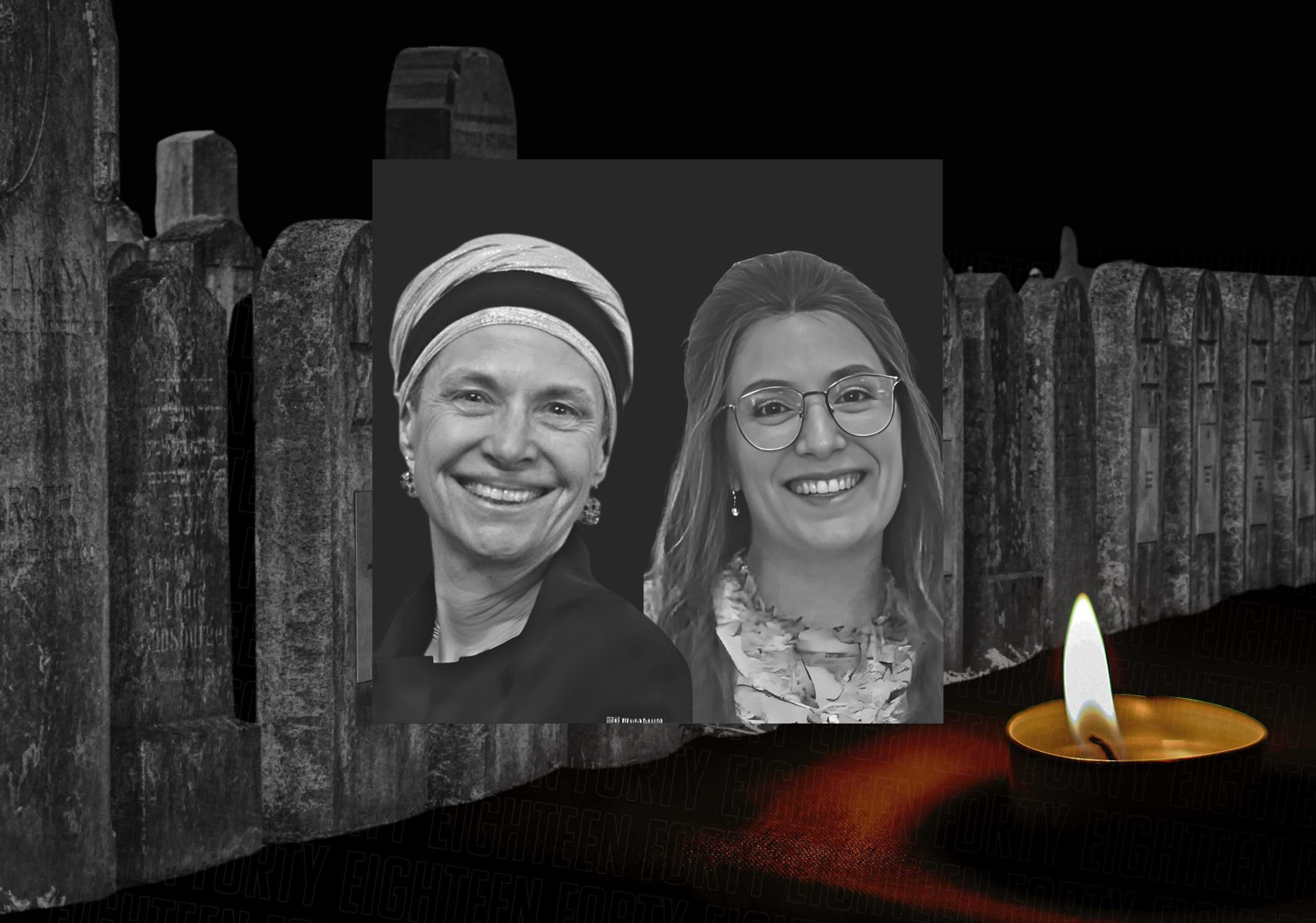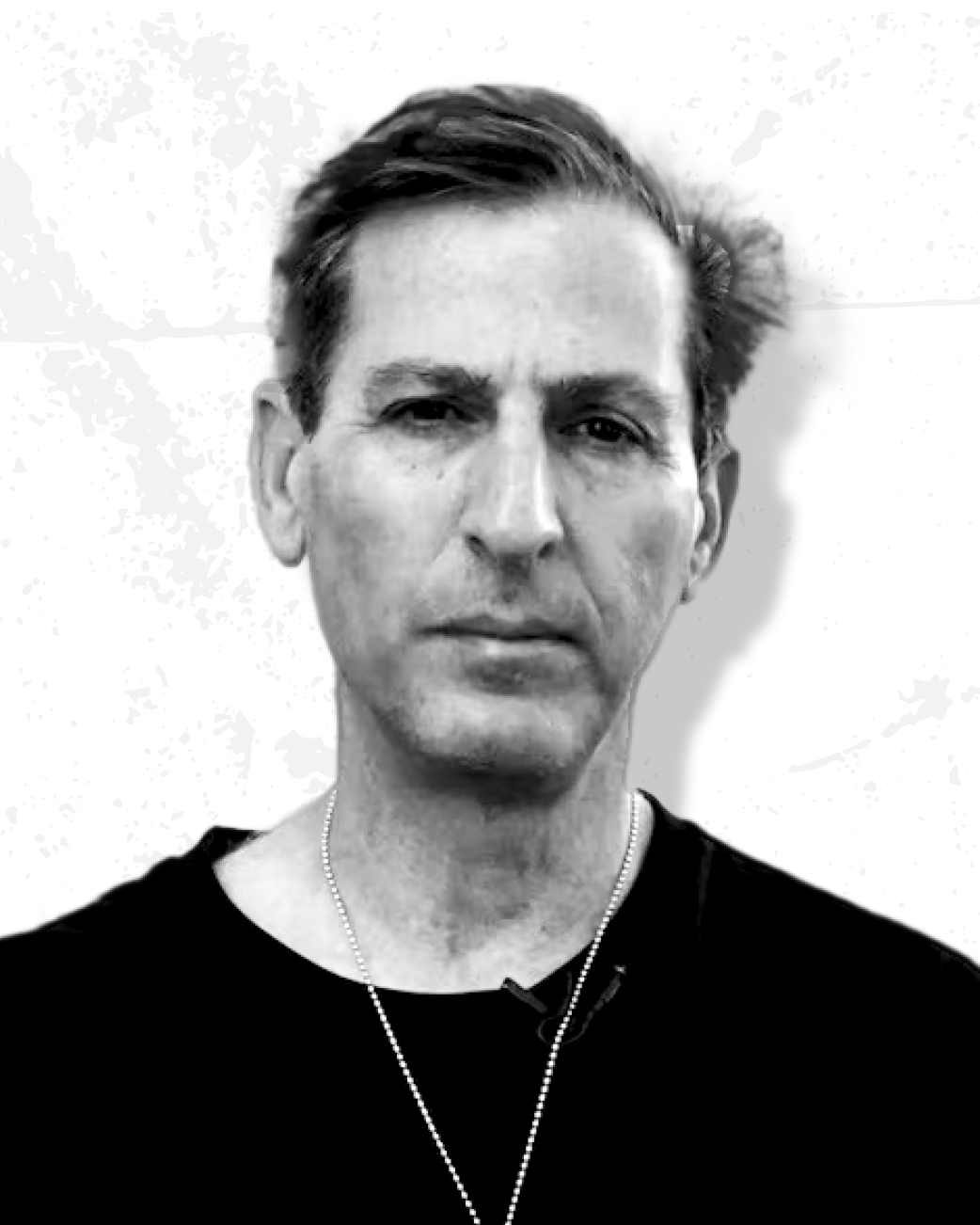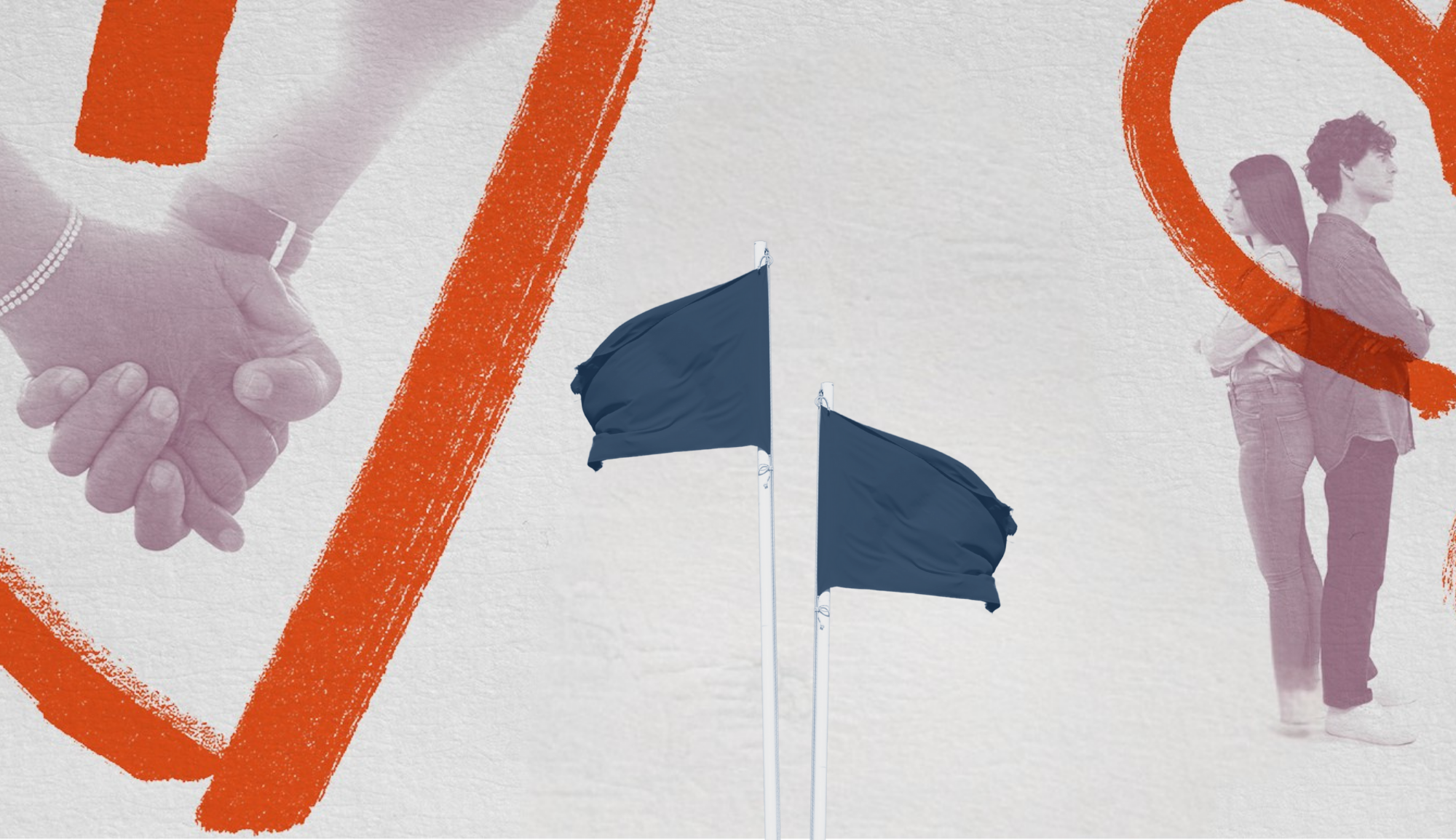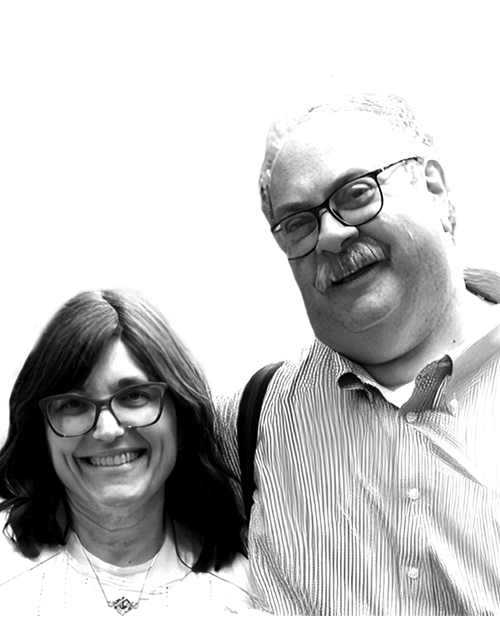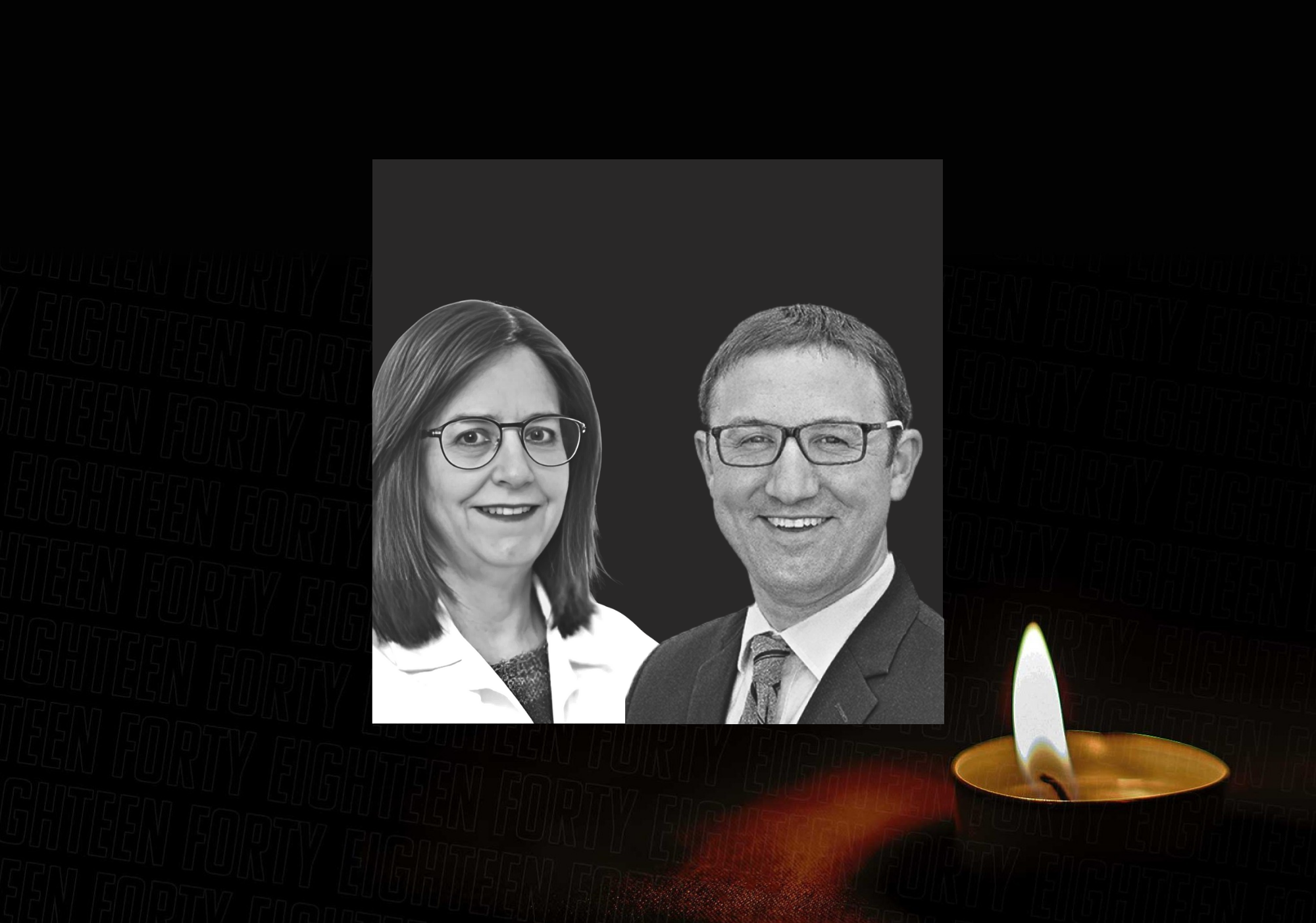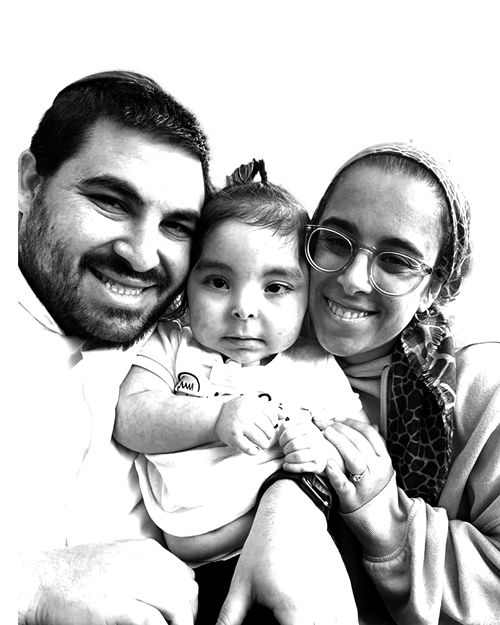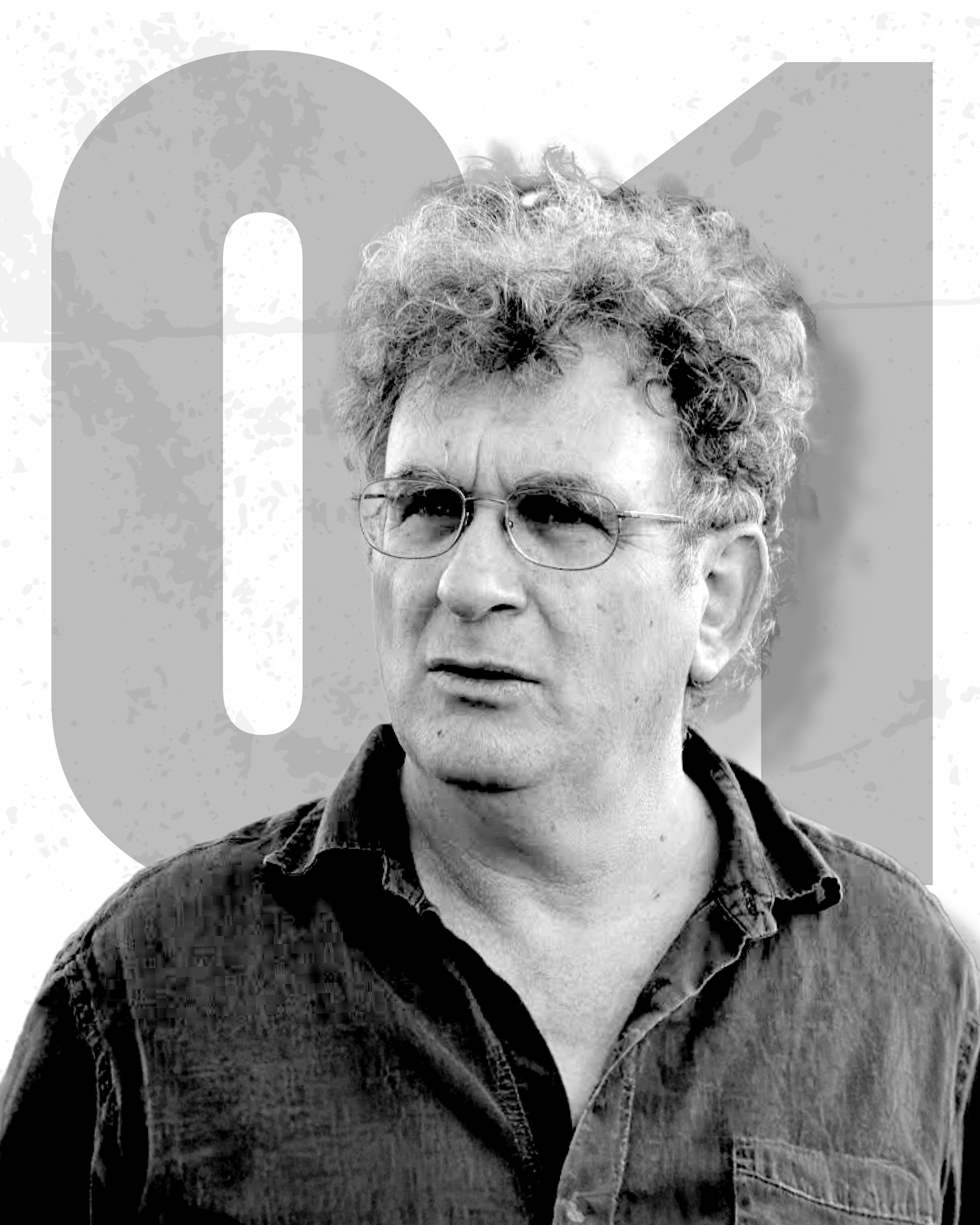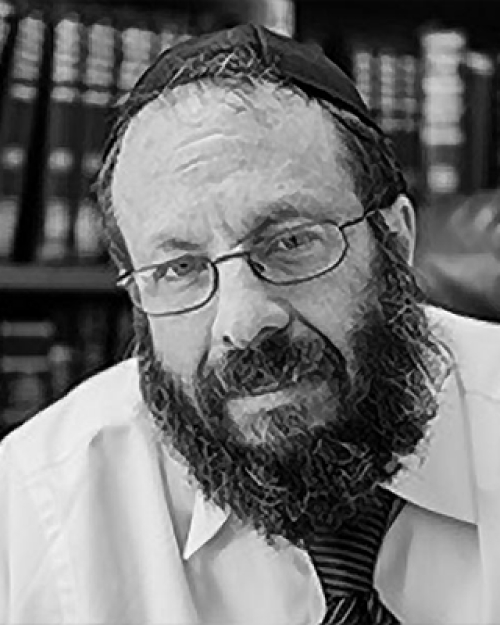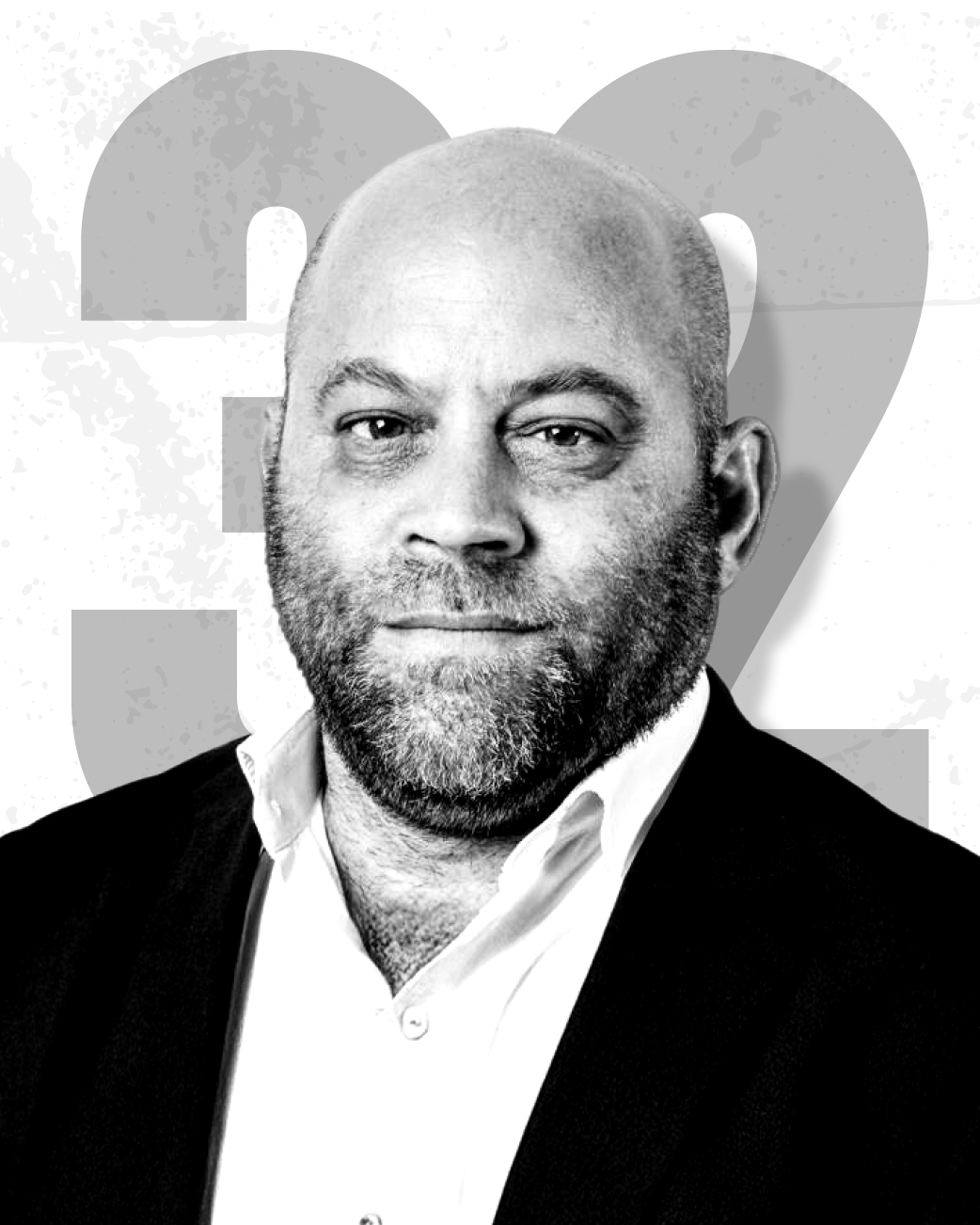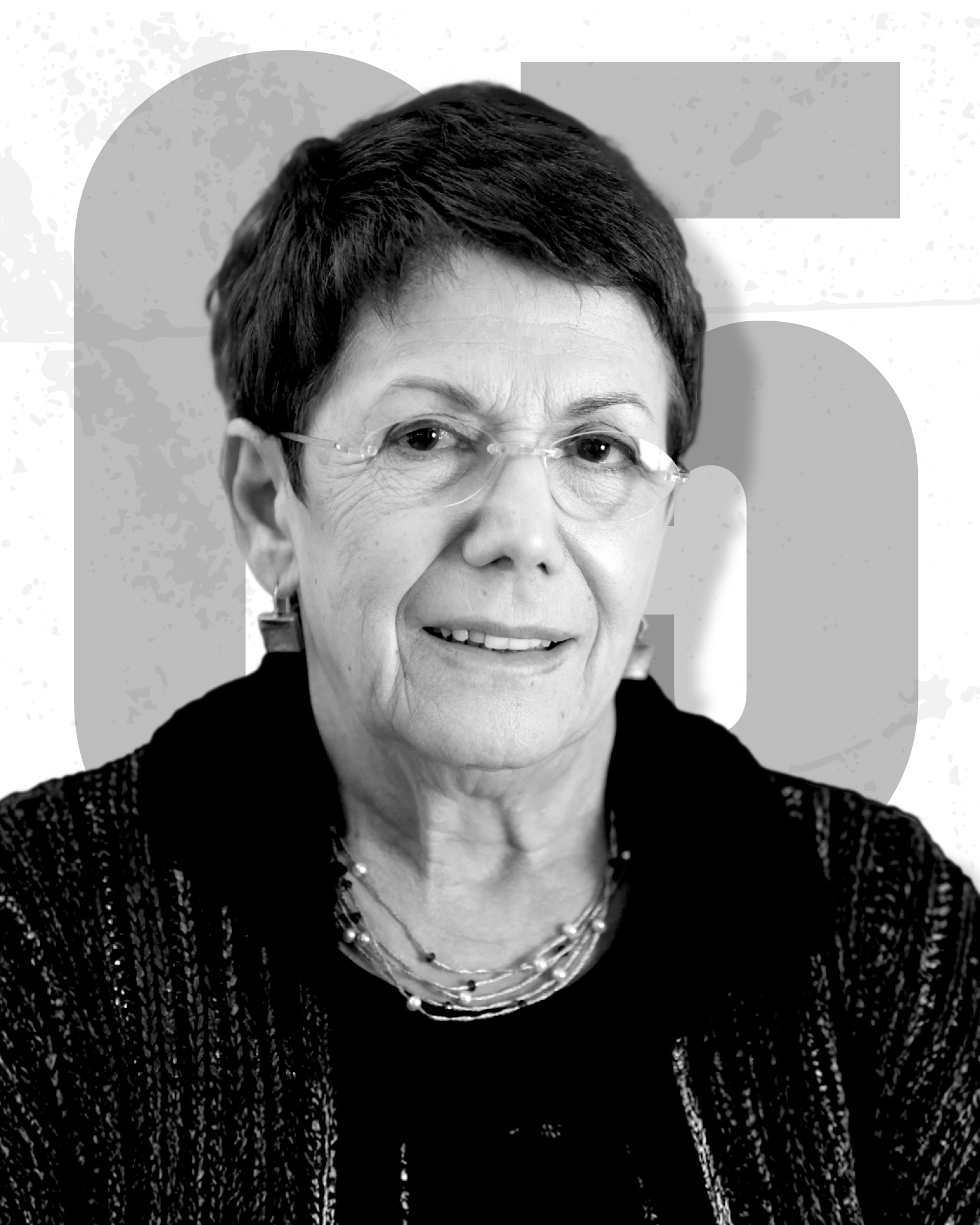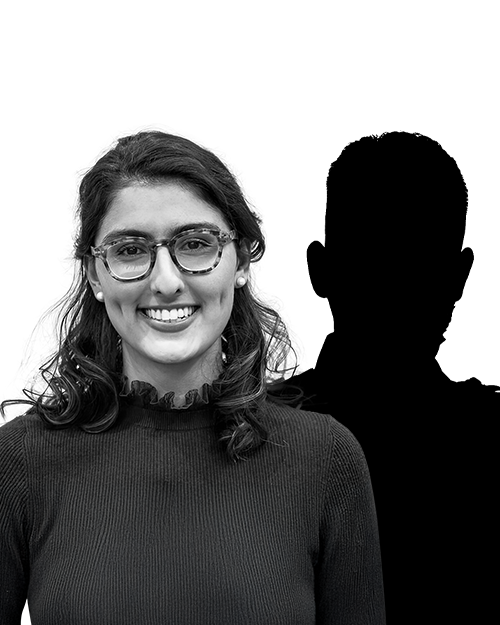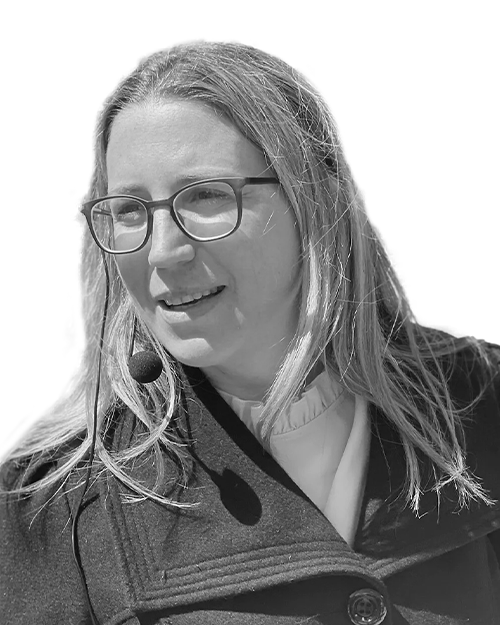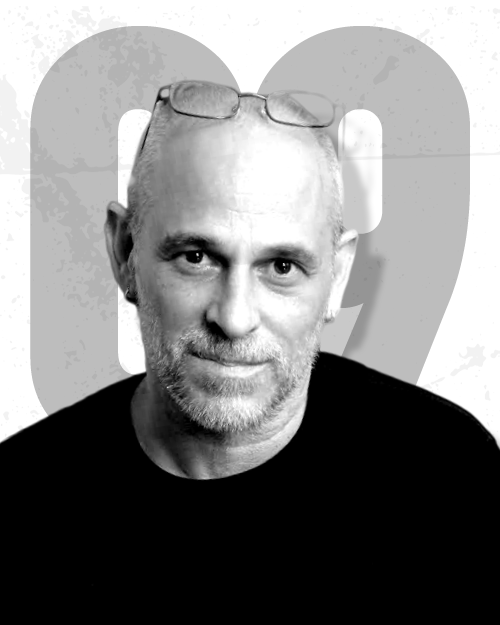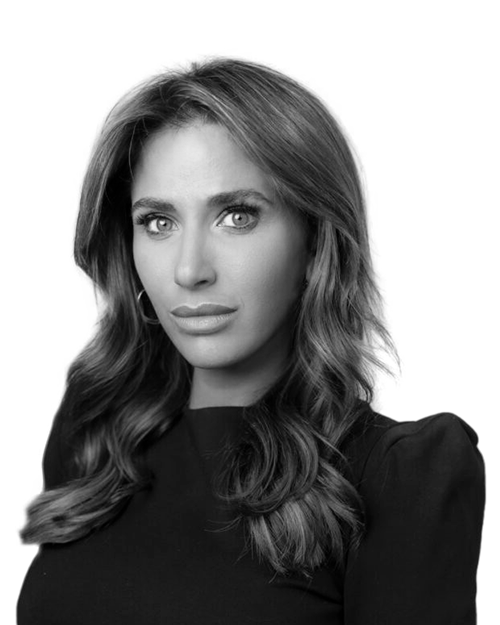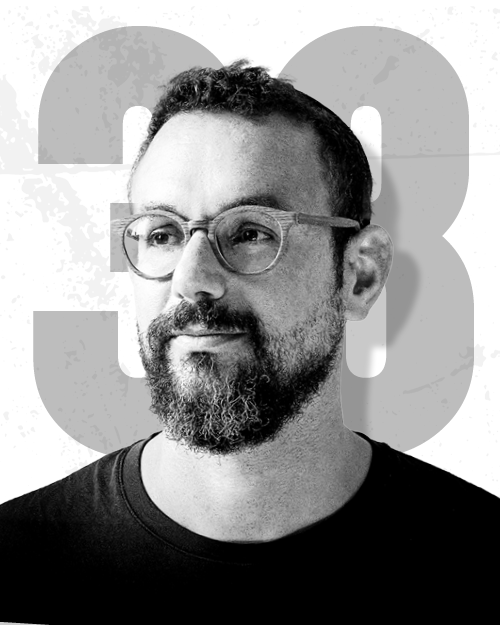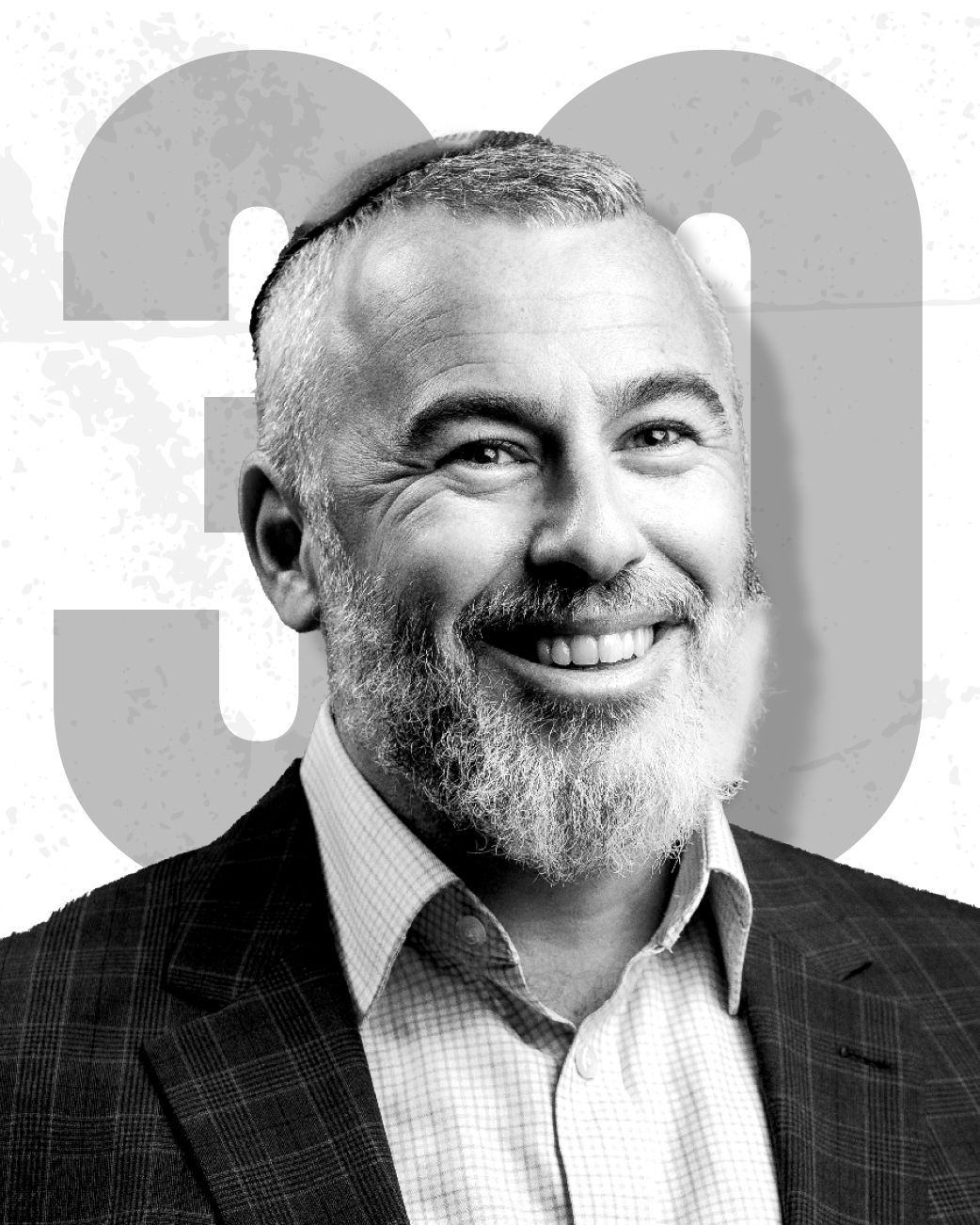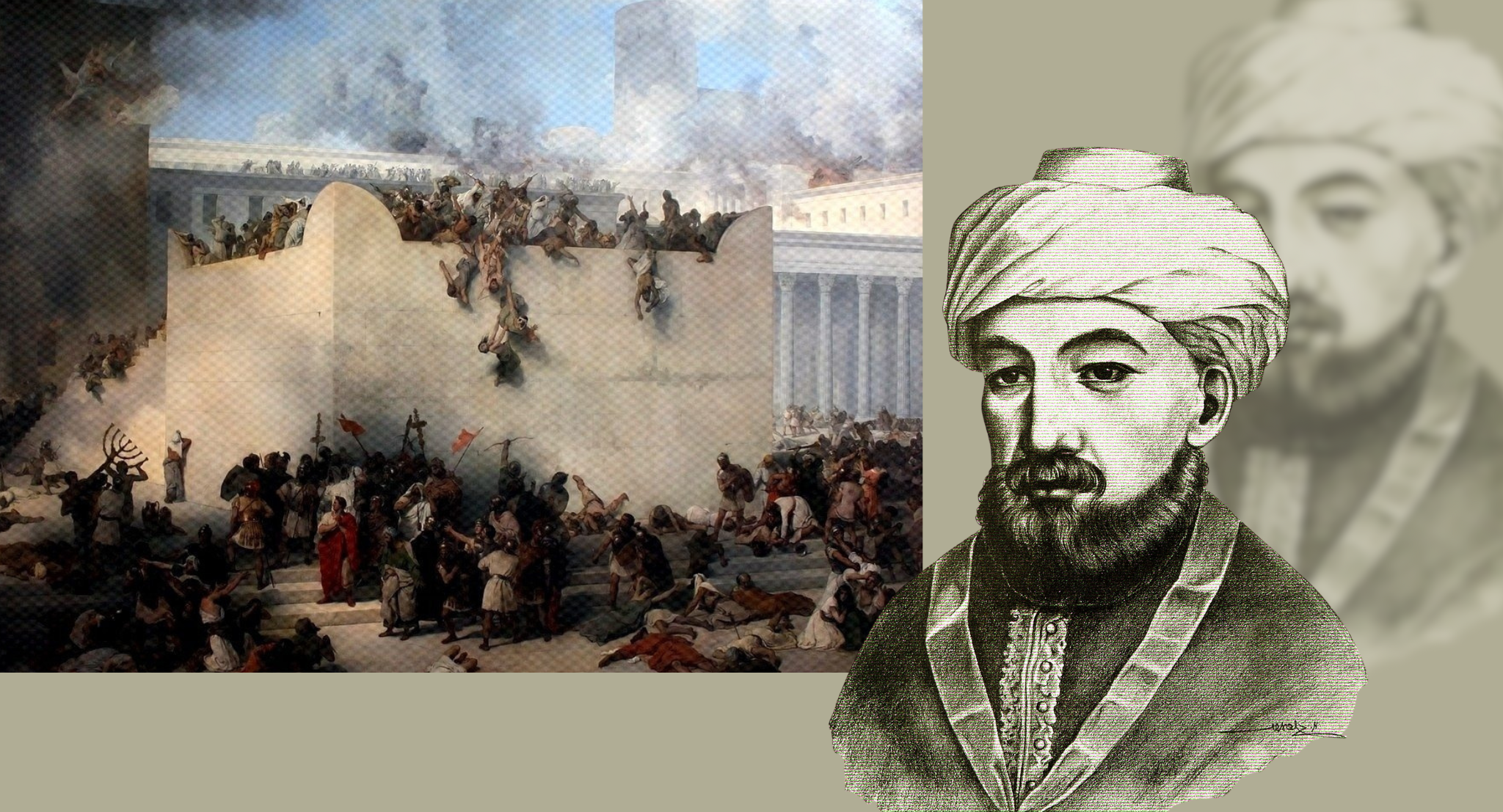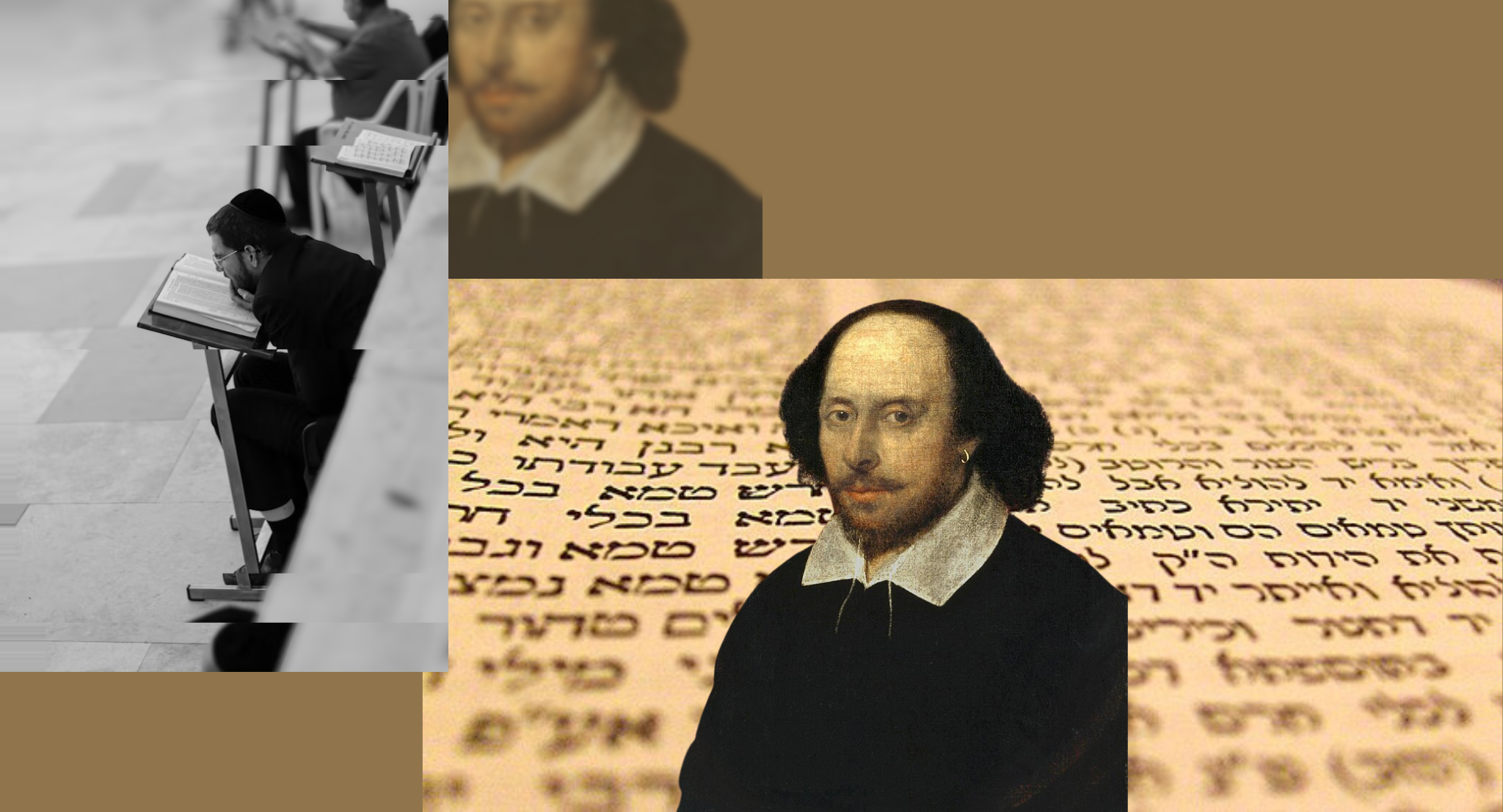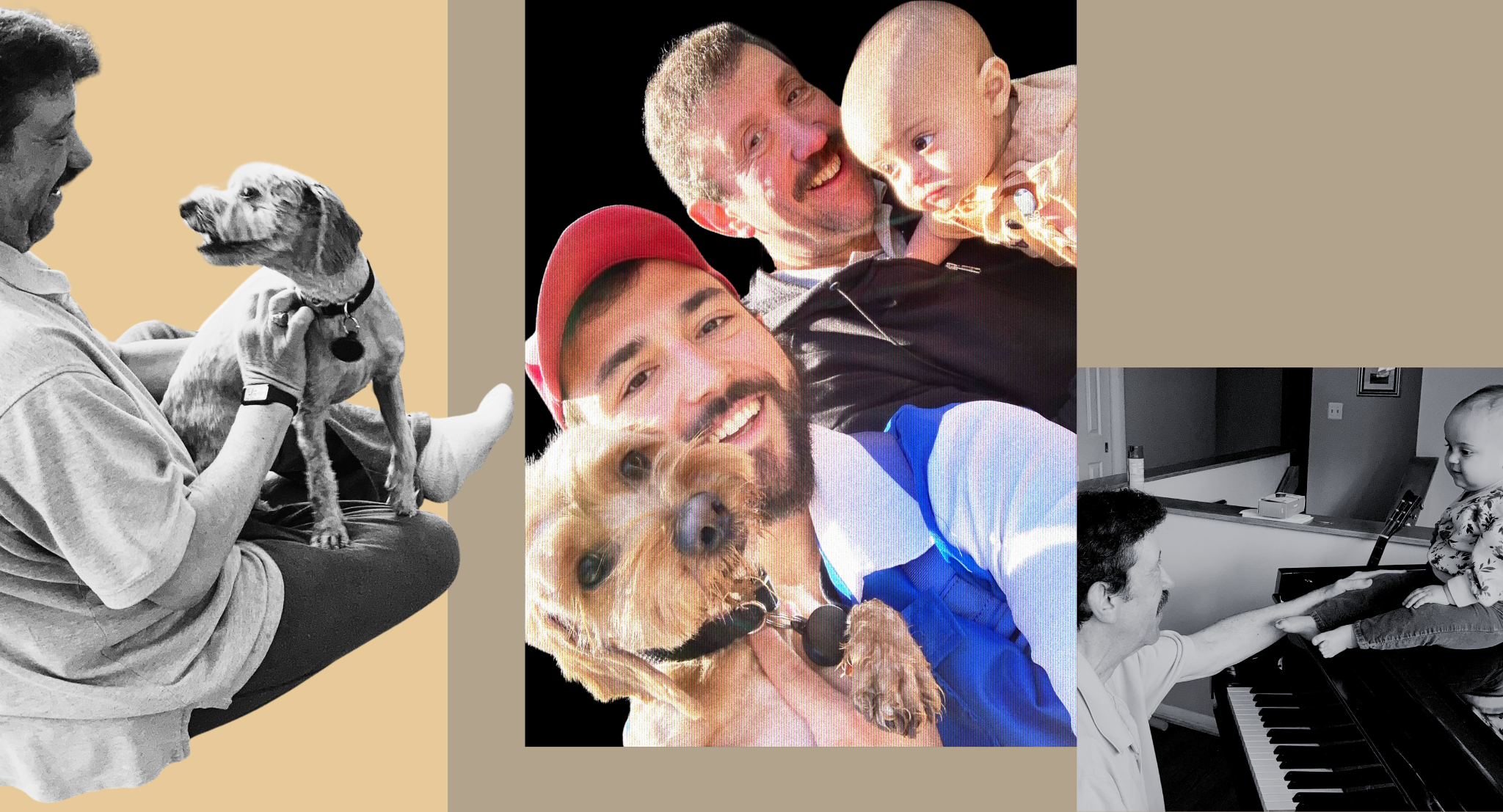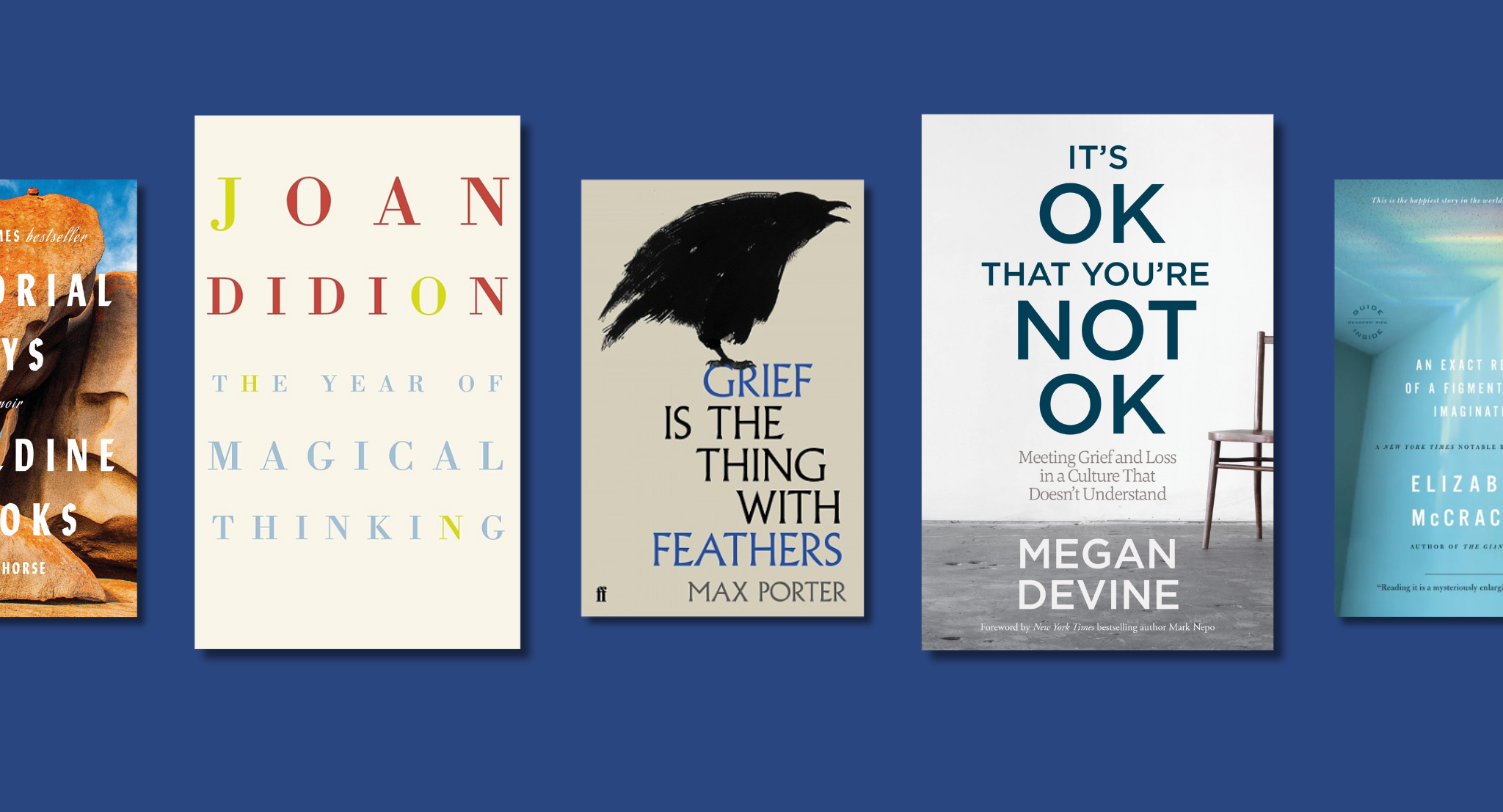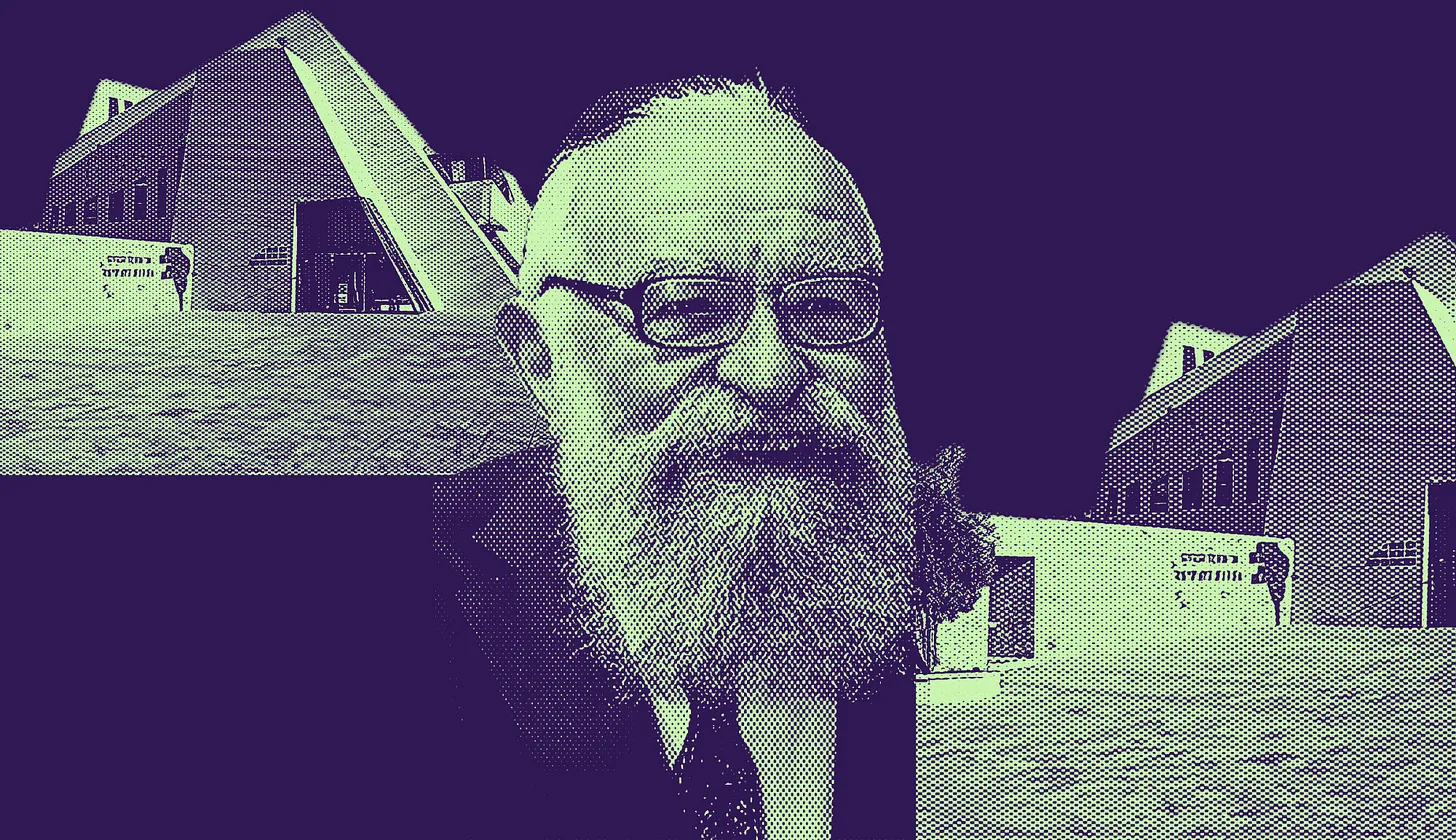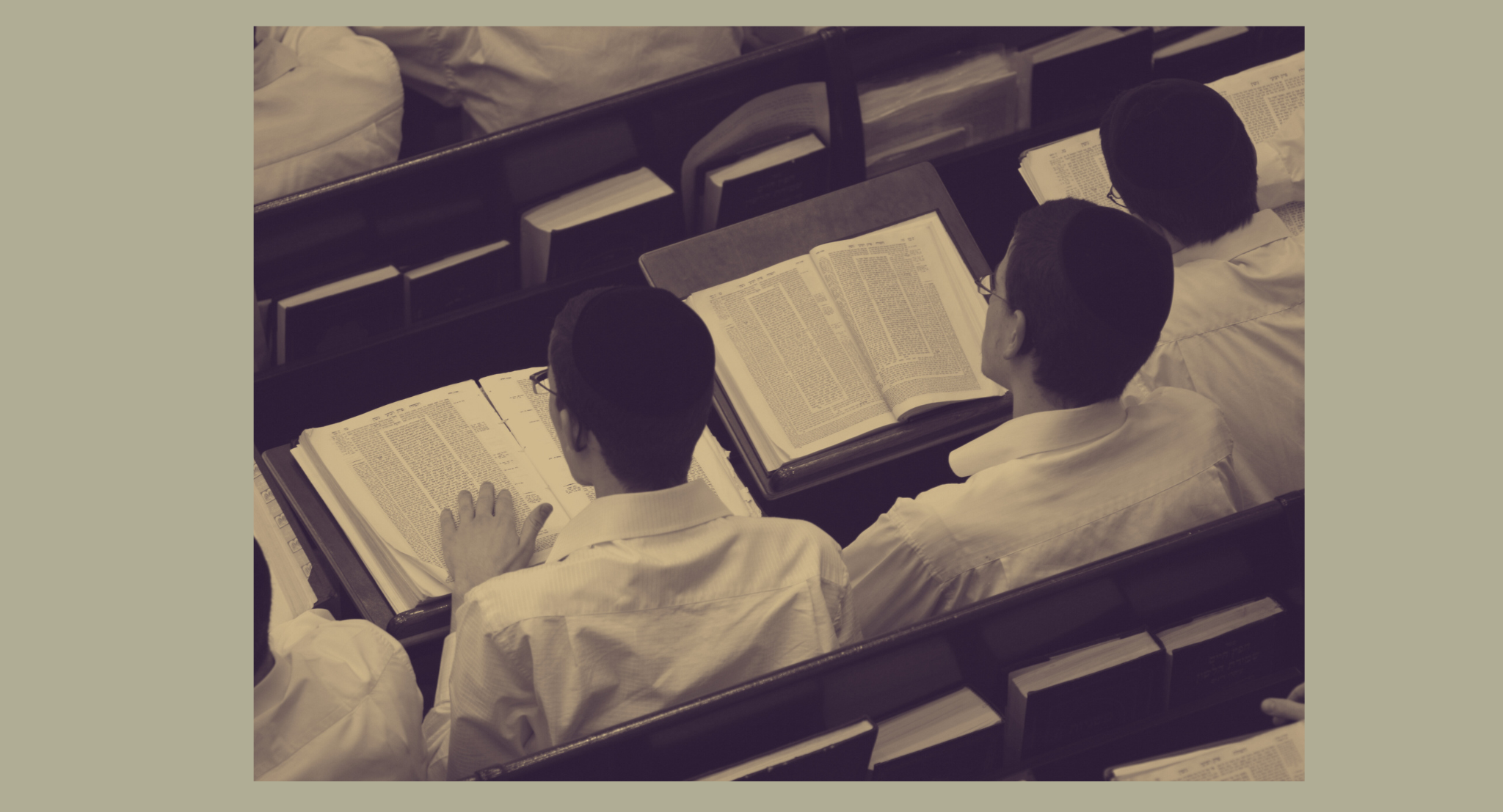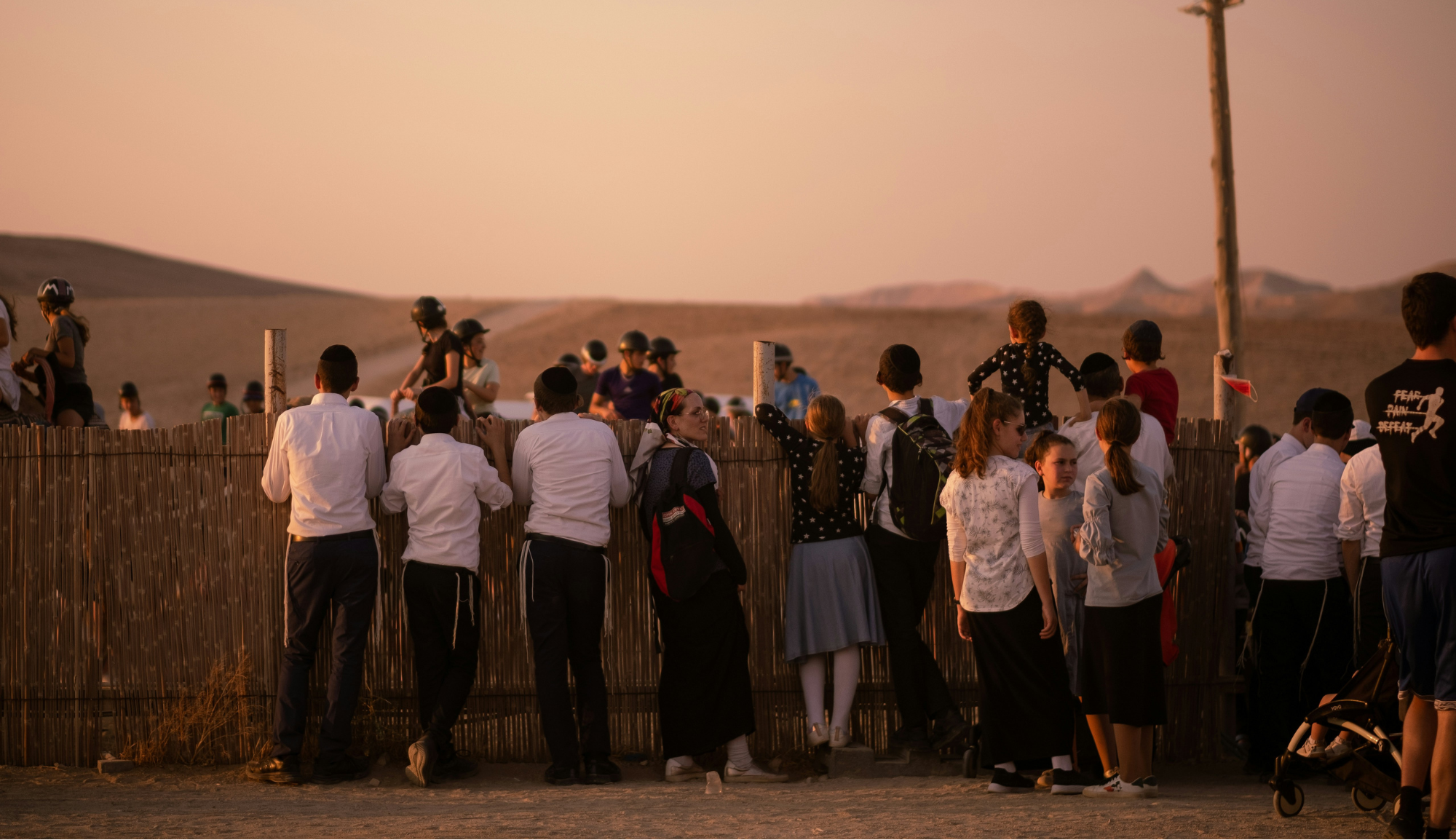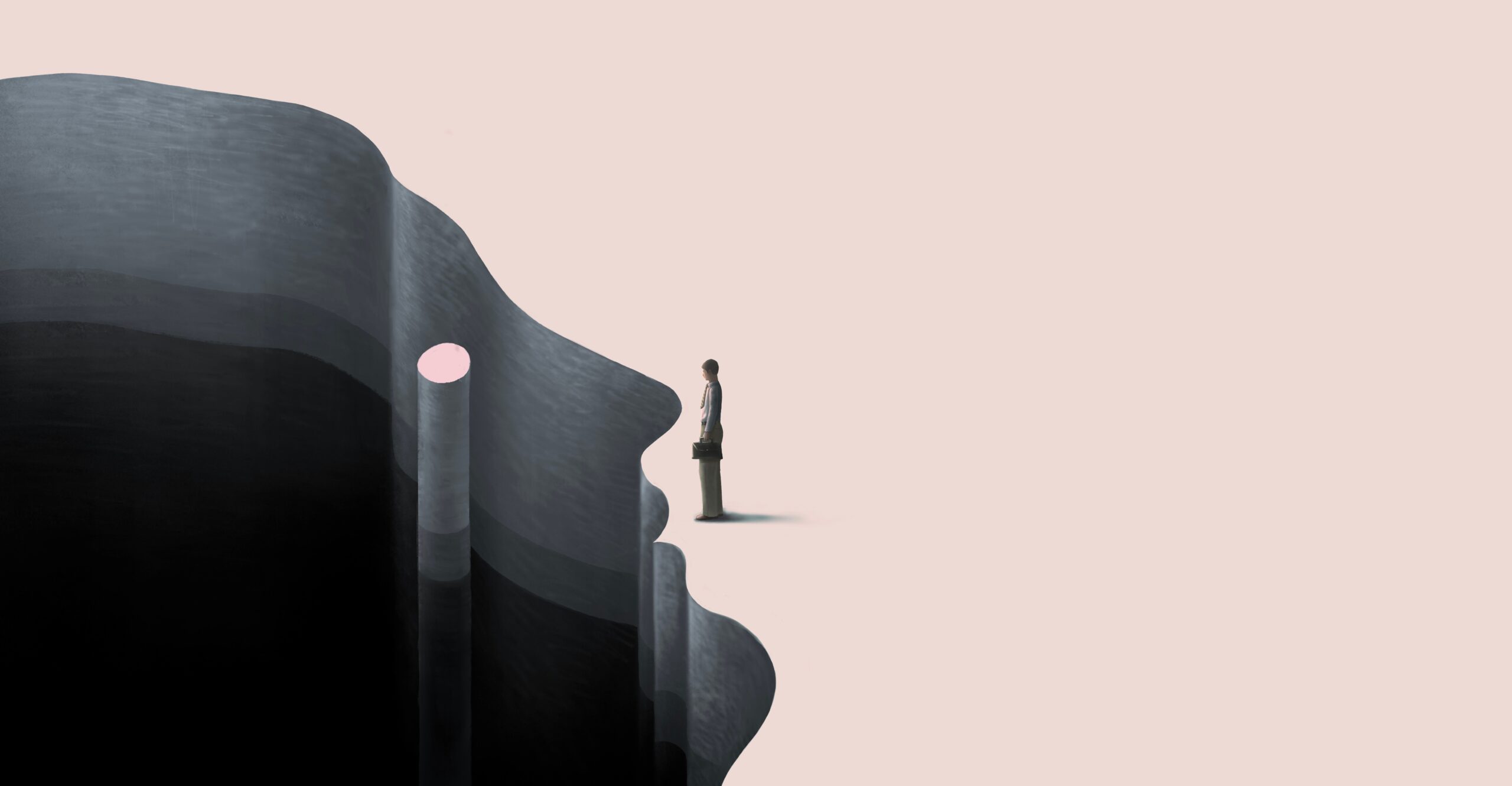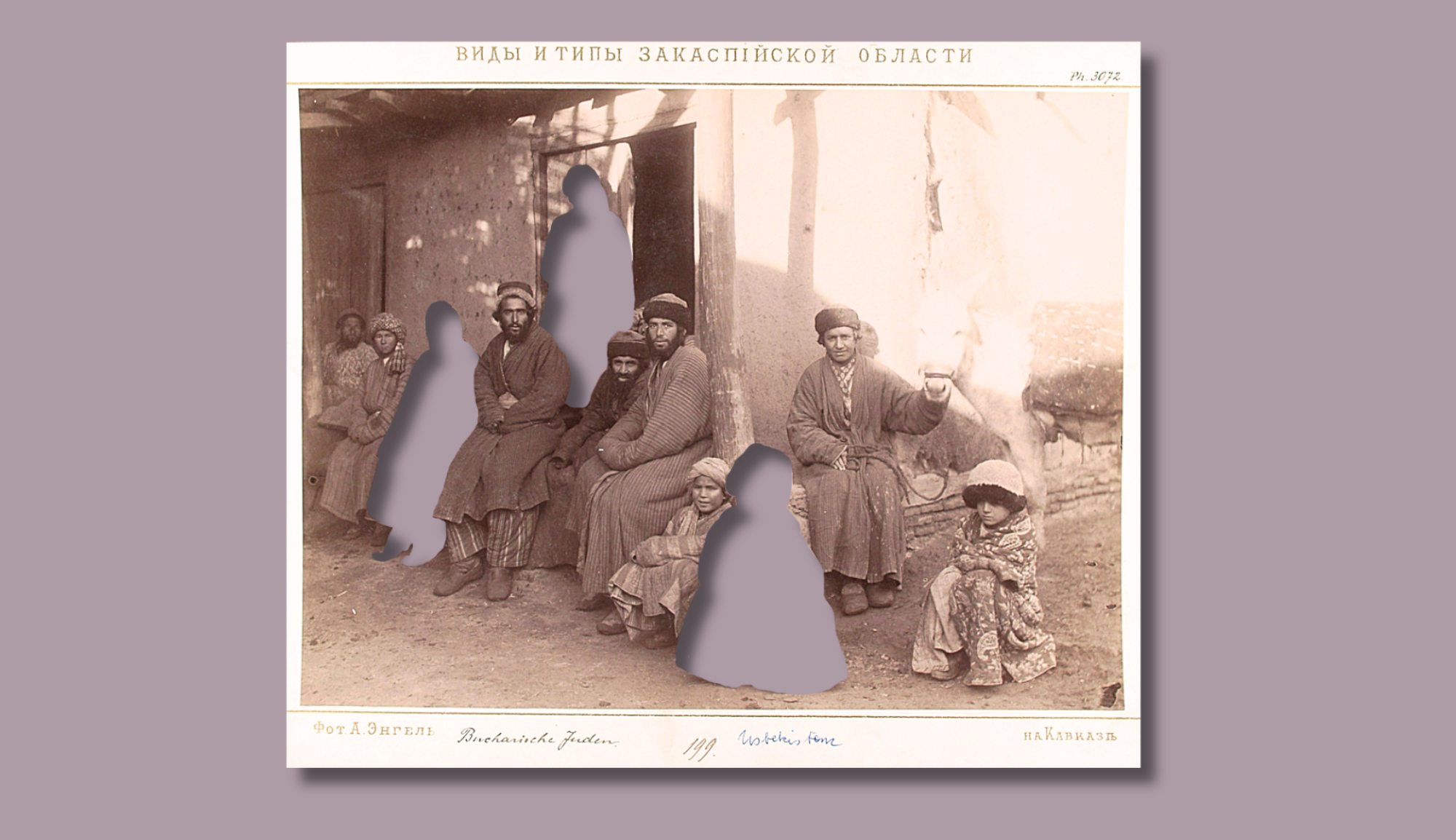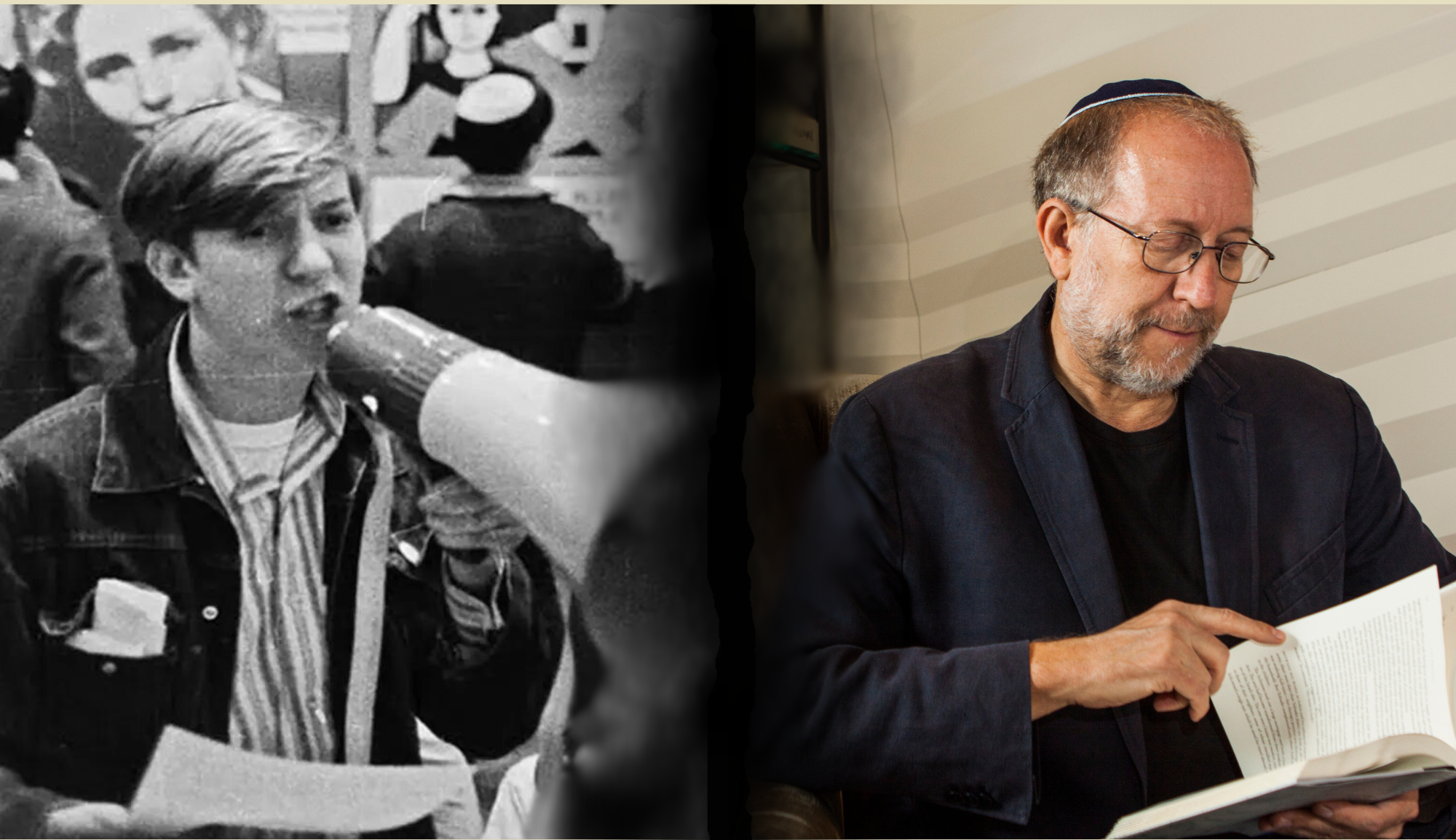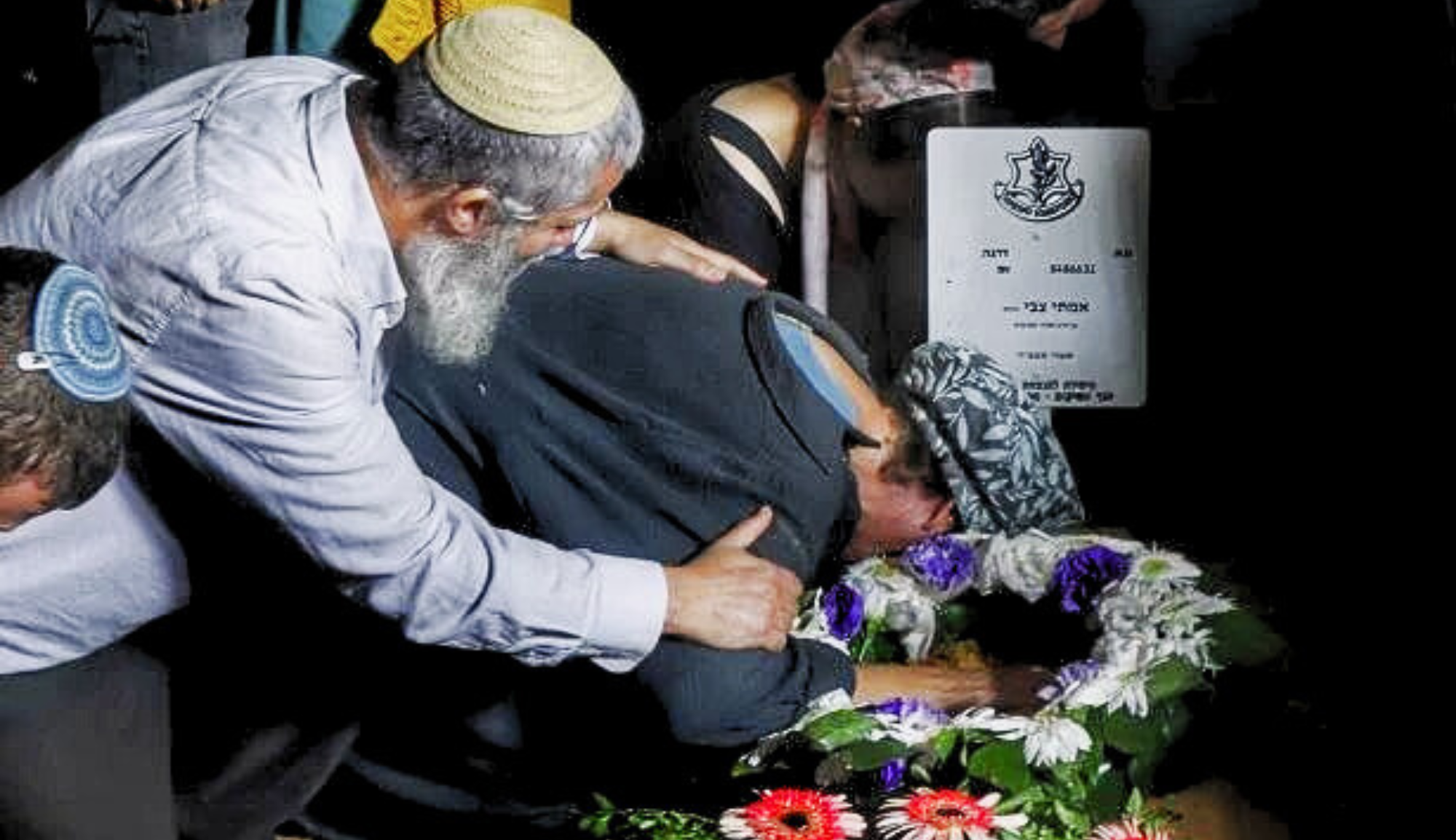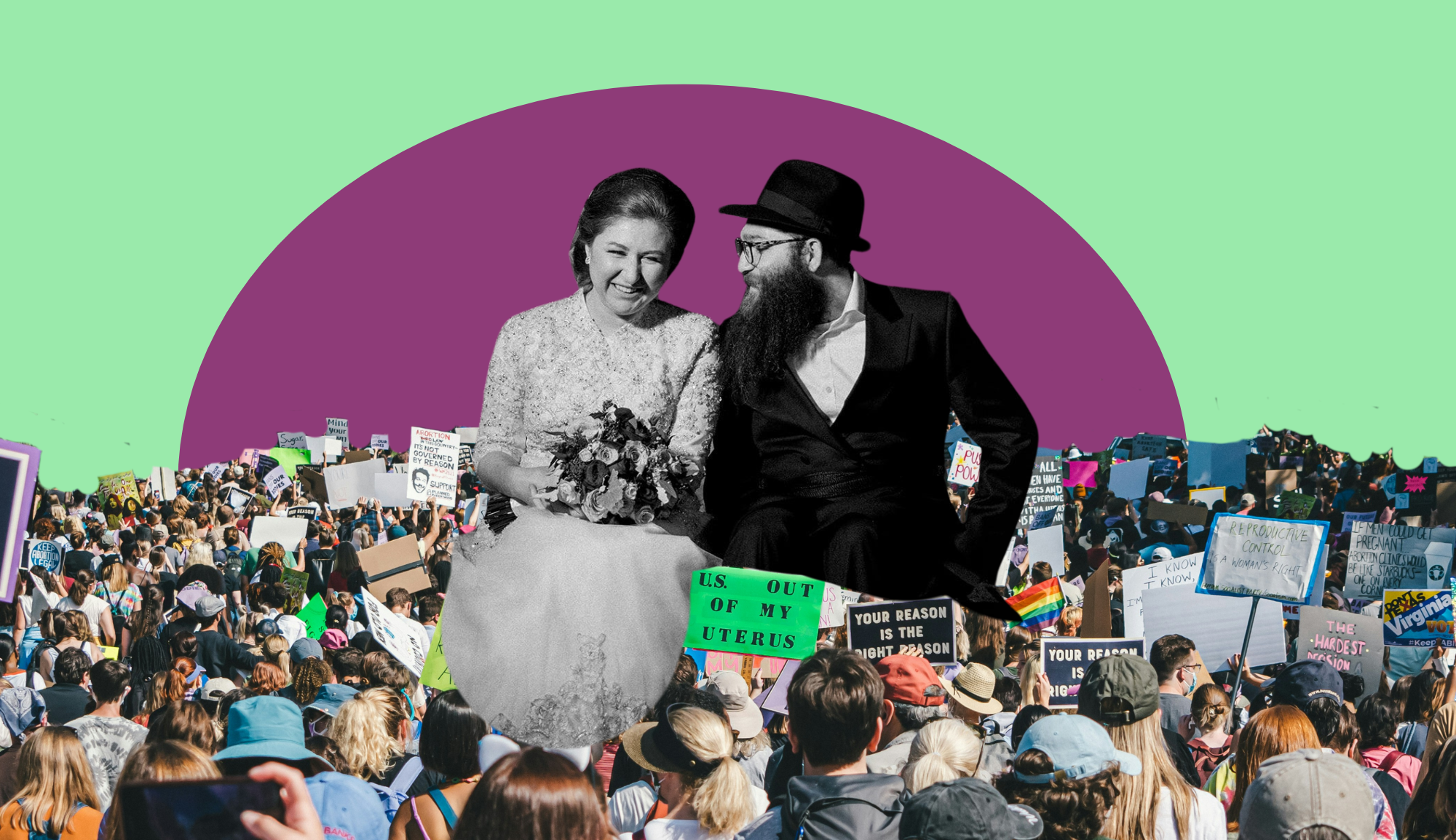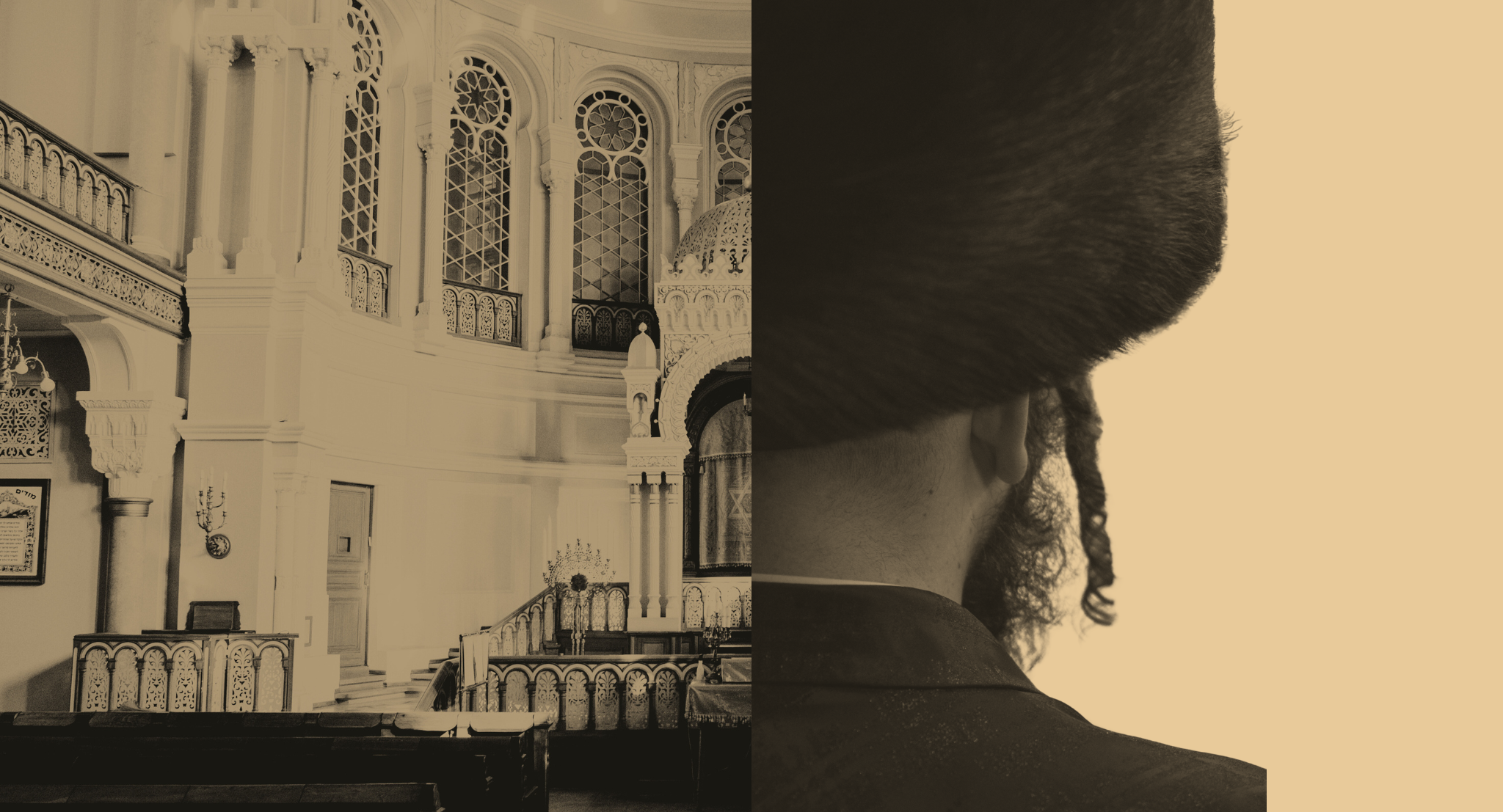
Summary
David explains how comedy and humor can uncover a mystical oneness that allows us to construct meaning and community from mundane occurrences.
Transcript
David Bashevkin:
During the height of this pandemic, I was in an interview, it was when everybody was locked down, total quarantine, and they were having Zoom get togethers. I was on a panel with another rabbi – also a cousin, Rabbi Efrem Goldberg – and somebody asked, “What do you do to stay positive and optimistic during this time?” There were a few answers given, and my initial reaction, which was not all that rabbinic. I think people wanted something a little bit more theological, something a little bit more thoughtful. My response was listening to comedy, and I meant it. I think in times in my life, it’s no secret that I am an extraordinarily anxious person. I’m an extraordinarily… There’s a chaos that I’ve always felt in my identity. And it’s not this calming, sequential personality. There’s always been an energy that I’ve had to deal with ever since I was a little kid, and a lot of times that’s manifest as anxiety, and I’ve always found a great deal of comfort and solace in the words of comedians.
And there’s something very specific that I’ve always of taken out of comedy, and I think the person who frames it so well, who I have quoted in the readings, is not actually from a comedian: it’s from David Foster Wallace, the late great writer. And his lecture that he gave in describing the comedy of Kafka, where he says, and I’ll repeat it again: “It’s not that students don’t get Kafka’s humor, but that we’ve taught them to see humor as something you get, the way we’ve taught them that a self is something you just have. No wonder they cannot appreciate the really central Kafkaesque joke: that the horrific struggle to establish a human self results in a self whose humanity is inseparable from that horrific struggle. That our endless and impossible journey toward home is in fact our home.” And I’ve always found that quote so, so moving, “…that our endless and impossible journey toward home is in fact our home.” It’s something that I think about a lot, and for some reason, I’ve always felt that comedy highlights that tension in the way that it gives a lens to look at the tragic, the difficult, the mundane, the quotidian, the ordinary, in a way that elevates it and gives it a narrative that elicits a different reaction than the untrained, non-comedic mind would look at. And it gives this overlay of everyday life and experiences, and even the more cataclysmic drama in the world, and it allows it to transform into something that doesn’t have to be so painful, or allows the tragedy to exist on its own terms, but extract a moral lesson and extract a perspective that is almost another layer of narrative on top of the events that it’s commenting on.
I’ve always enjoyed the power of comedy, and I actually think of a different essay by David Foster Wallace that he first delivered as a commencement speech, where he describes the everyday drudgery of life, and being tired at the end of the day, and going to a grocery store. And he writes, in that essay, something that I think is really remarkable. So Wallace writes, “Because the traffic jams and crowded aisles and long checkout lines give me time to think. And if I don’t make a conscious decision about how to think, and what to pay attention to, I’m going to be pissed and miserable every time I have to shop. Because my natural default setting is the certainty that situations like this are really all about me, and my hungriness, and my fatigue, and my desire to just get home, and it’s going to seem for all the world like everybody else is just in my way. And who are all these people in my way?”
And he describes what everybody has felt, that very self-centered myopic, almost narcissistic, I’ll use a fancier, solipsistic, a sense that you’re the only person in the world, and when you’re tired and frustrated, everybody else is just in your way. And he asked his audience, in this essay, maybe the point of what education is, maybe the point of all of this, is knowing where to focus, or how to choose to focus, in situations like these. This is what he writes, and I think that it’s quite powerful: “But most days, if you’re aware enough to give yourself a choice, you can choose to look differently at this fat, dead-eyed, over-made-up lady who just screamed at her kid in the checkout aisle. Maybe she’s not usually like this. Maybe she’s been up three straight nights holding the hand of a husband who’s dying of bone cancer. Or maybe this very lady is the low-wage clerk at the motor vehicle department who just yesterday helped your spouse resolve a horrific, infuriating red-tape problem, through some small act of bureaucratic kindness. Of course, none of this is likely, but it’s also not impossible, it just depends what you want to consider. If you’re automatically sure that you know what reality is, and you’re operating on your default setting, then you, like me, probably won’t consider possibilities that aren’t annoying and miserable. But if you really learn how to pay attention, then you will know that there are other options. It will likely be within your power to experience a crowded, hot, slow, consumer-hell type situation as not only meaningful, but sacred, on fire with the same force that made the stars: love, fellowship, the mystical oneness of all things deep down.”
Now he’s talking about a liberal arts education, he’s not talking about comedy, but I do think comedy has that power – not to be hyperbolic about what this skill contains – but I do believe in the world of comedy in situations that seem to be devoid of meaning, purpose, and an overt “why is this happening?” Comedy is a lens that can uncover the mystical oneness of all things deep down. That’s why comedy resonates so much. You can listen to people from other cultures and their frustrations, and all of a sudden they take something so dreary, so mundane, so frustrating, or even tragic, and they can allow a whole room full of people to smile together. And that’s what comedy is able to do: to transform situations into meaningful commentary, to transform listeners into these small communities, constructing meaning together, out of the mundane, the every day, the small details of everyday life.
Recommended Podcasts
podcast
Hadas Hershkovitz: On Loss: A Husband, Father, Soldier
In this episode of the 18Forty Podcast, we speak with Hadas Hershkovitz, whose husband, Yossi, was killed while serving on reserve duty in Gaza in 2023—about the Jewish People’s loss of this beloved spouse, father, high-school principal, and soldier.
podcast
Haviv Rettig Gur: ‘Hamas is upset the death toll in Gaza isn’t higher’
Haviv answers 18 questions on Israel.
podcast
Elissa Felder & Sonia Hoffman: How the Jewish Burial Society Cares for the Dead
Elissa Felder and Sonia Hoffman serve on a chevra kadisha and teach us about confronting death.
podcast
How Different Jewish Communities Date
On this episode of 18Forty, we explore the world of Jewish dating.
podcast
Red Flags: A Conversation with Shalom Task Force Featuring Esther Williams and Shana Frydman
We have a deeply moving conversation on the topic of red flags in relationships.
podcast
Einat Wilf: ‘Jews Are Never Allowed To Win, and Arabs Are Never Allowed to Lose’
The true enemy in Israel’s current war, Einat Wilf says, is what she calls “Palestinianism.”
podcast
The Dardik Family: A Child Moves Away From Zionism
In this episode of the 18Forty Podcast, we talk to Judah, Naomi, and Aharon Akiva Dardik—an olim family whose son went to military jail for refusing to follow to IDF orders and has since become a ceasefire activist at Columbia University—about sticking together as a family despite their fundamental differences.
podcast
Aliza and Ephraim Bulow: When A Spouse Loses Faith
In this episode of the 18Forty Podcast, we talk to Aliza and Ephraim Bulow, a married couple whose religious paths diverged over the course of their shared life.
podcast
Shlomo Brody & Beth Popp: Demystifying Death and the End of Life
In this episode of the 18Forty Podcast, we talk to Rabbi Shlomo Brody and Dr. Beth Popp.
podcast
‘Everything About Her Was Worth It’: The Life of Yakira Leeba Schwartz A”H
In this episode of the 18Forty Podcast, we talk to Yisroel Besser, who authored many rabbinic biographies and brought David Bashevkin to Mishpacha magazine, about sharing Jewish stories.
podcast
Menachem Penner & Gedalia Robinson: A Child’s Orientation
In this episode of the 18Forty Podcast, we talk to Rabbi Menachem Penner—dean of RIETS at Yeshiva University—and his son Gedalia—a musician, cantor-in-training, and member of the LGBTQ community—about their experience in reconciling their family’s religious tradition with Gedalia’s sexual orientation.
podcast
Benny Morris: ‘We should have taken Rafah at the start’
Leading Israeli historian Benny Morris answers 18 questions on Israel, including Gaza, Palestinian-Israeli peace prospects, morality, and so much more.
podcast
Rabbi Meir Triebitz: How Should We Approach the Science of the Torah?
In this episode of the 18Forty Podcast, we sit down with Rabbi Meir Triebitz – Rosh Yeshiva, PhD, and expert on matters of science and the Torah – to discuss what kind of science we can learn from the Torah.
podcast
Anshel Pfeffer: ‘The idea that you’ll obliterate Hamas is as realistic as wanting to obliterate Chabad’
Prime Minister Benjamin Netanyahu did not surprise Anshel Pfeffer over the last 17 months of war—and that’s the most disappointing part.
podcast
Why 1840?
In this episode of the 18Forty Podcast, we sit down for a special podcast with our host, David Bashevkin, to discuss the podcast’s namesake, the year 1840.
podcast
Larry and Tzipora Rothwachs: Here Without You — A Child’s Eating Disorder
In this episode of the 18Forty Podcast, we talk to Rabbi Larry Rothwachs and his daughter Tzipora about the relationship of a father and daughter through distance while battling an eating disorder.
podcast
Anita Shapira: ‘You cannot wipe out Hamas’
Leading Israel historian Anita Shapira answers 18 questions on Israel, including destroying Hamas, the crisis up North, and Israel’s future.
podcast
Talia Khan: A Jewish Israel Activist and Her Muslim Father
In this episode of the 18Forty Podcast, we talk to Talia Khan—a Jewish MIT graduate student and Israel activist—and her father, an Afghan Muslim immigrant, about their close father-daughter relationship despite their ideological disagreements.
podcast
Frieda Vizel: How the World Misunderstands Hasidic Jewry
In this episode of the 18Forty Podcast, we talk to Frieda Vizel—a formerly Satmar Jew who makes educational content about Hasidic life—about her work presenting Hasidic Williamsburg to the outside world, and vice-versa.
podcast
Gadi Taub: ‘We should annex the north third of the Gaza Strip’
Gadi answers 18 questions on Israel, including judicial reform, Gaza’s future, and the Palestinian Authority.
podcast
Lizzy Savetsky: Becoming a Jewish Influencer and Israel Advocate
In this episode of the 18Forty Podcast, we talk to Lizzy Savetsky, who went from a career in singing and fashion to being a Jewish activist and influencer, about her work advocating for Israel online.
podcast
Mikhael Manekin: ‘This is a land of two peoples, and I don’t view that as a problem’
Wishing Arabs would disappear from Israel, Mikhael Manekin says, is a dangerous fantasy.
podcast
Yishai Fleisher: ‘Israel is not meant to be equal for all — it’s a nation-state’
Israel should prioritize its Jewish citizens, Yishai Fleisher says, because that’s what a nation-state does.
Recommended Articles
Essays
This Week in Jewish History: The Nine Days and the Ninth of Av
Tisha B’Av, explains Maimonides, is a reminder that our collective fate rests on our choices.
Essays
I Like to Learn Talmud the Way I Learn Shakespeare
If Shakespeare’s words could move me, why didn’t Abaye’s?
Essays
3 Arguments for God’s Existence
Perhaps the most fundamental question any religious believer can ask is: “Does God exist?” It’s time we find good answers.
Essays
Fighting for My Father’s Life Was a Victory in its Own Way
After losing my father to Stage IV pancreatic cancer, I choose to hold onto the memories of his life.
Essays
Books 18Forty Recommends You Read About Loss
They cover maternal grief, surreal mourning, preserving faith, and more.
Essays
Benny Morris Has Thoughts on Israel, the War, and Our Future
We interviewed this leading Israeli historian on the critical questions on Israel today—and he had what to say.
Essays
Why Reading Is Not Enough for Judaism
In my journey to embrace my Judaism, I realized that we need the mimetic Jewish tradition, too.
Essays
A Letter to Children Estranged From Their Parents
Children cannot truly avoid the consequences of estrangement. Their parents’ shadow will always follow.
Essays
‘The Crisis of Experience’: What Singlehood Means in a Married Community
I spent months interviewing single, Jewish adults. The way we think about—and treat—singlehood in the Jewish community needs to change. Here’s how.
Essays
3 Questions To Ask Yourself Whenever You Hear a Dvar Torah
Not every Jewish educational institution that I was in supported such questions, and in fact, many did not invite questions such as…
Essays
(What) Do Jews Believe About the Afterlife?
Christianity’s focus on the afterlife historically discouraged Jews from discussing it—but Jews very much believe in it.
Essays
Do You Need a Rabbi, or a Therapist?
As someone who worked as both clinician and rabbi, I’ve learned to ask three central questions to find an answer.
Essays
Between Modern Orthodoxy and Religious Zionism: At Home as an Immigrant
My family made aliyah over a decade ago. Navigating our lives as American immigrants in Israel is a day-to-day balance.
Essays
Do We Know Why God Allows Evil and Suffering?
What are Jews to say when facing “atheism’s killer argument”?
Essays
The Erasure of Sephardic Jewry
Half of Jewish law and history stem from Sephardic Jewry. It’s time we properly teach that.
Essays
From Hawk to Dove: The Path(s) of Yossi Klein Halevi
With the hindsight of more than 20 years, Halevi’s path from hawk to dove is easily discernible. But was it at every…
Essays
Judith Herman Is Giving Voice to Survivors
Dr. Judith Herman has spent her career helping those who are going through trauma, and has provided far-reaching insight into the field.
Essays
‘Are Your Brothers To Go to War While You Stay Here?’: On Haredim Drafting to the IDF
A Hezbollah missile killed Rabbi Dr. Tamir Granot’s son, Amitai Tzvi, on Oct. 15. Here, he pleas for Haredim to enlist into…
Essays
The Hardal Community Explained: Torah, Am Yisrael, and Redemption
Religious Zionism is a spectrum—and I would place my Hardal community on the right of that spectrum.
Essays
A Brief History of Jewish Mysticism
To talk about the history of Jewish mysticism is in many ways to talk about the history of the mystical community.
Essays
Rabbi Eliezer Berkovits’ Complicated Portrait of Faith
Meet a traditional rabbi in an untraditional time, willing to deal with faith in all its beauty—and hardships.
Essays
How and Why I Became a Hasidic Feminist
The Lubavitcher Rebbe’s brand of feminism resolved the paradoxes of Western feminism that confounded me since I was young.
Essays
When Losing Faith Means Losing Yourself
Elisha ben Abuyah thought he lost himself forever. Was that true?
Recommended Videos
videos
Mysticism
In a disenchanted world, we can turn to mysticism to find enchantment, to remember that there is something more under the surface…
videos
18Forty: Exploring Big Questions (An Introduction)
18Forty is a new media company that helps users find meaning in their lives through the exploration of Jewish thought and ideas.…
videos
Talmud
There is circularity that underlies nearly all of rabbinic law. Open up the first page of Talmud and it already assumes that…
videos
The Hasidic Rebbe Who Left it All — And Then Returned
Why did this Hasidic Rebbe move from Poland to Israel, only to change his name, leave religion, and disappear to Los Angeles?
videos
Did Judaism Evolve? | Origins of Judaism
Has Judaism changed through history? While many of us know that Judaism has changed over time, our conversations around these changes are…
videos
Jonathan Rosenblum Answers 18 Questions on the Haredi Draft, Netanyahu, and a Religious State
Talking about the “Haredi community” is a misnomer, Jonathan Rosenblum says, and simplifies its diversity of thought and perspectives. A Yale-trained lawyer…





